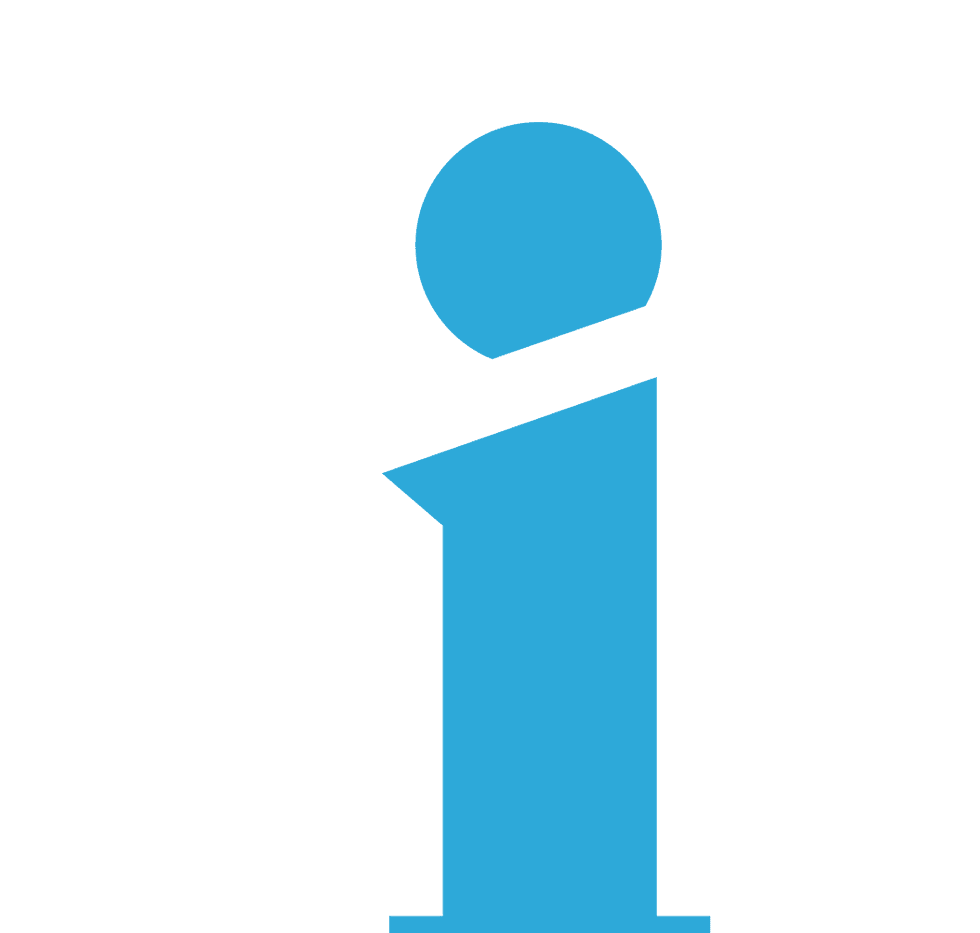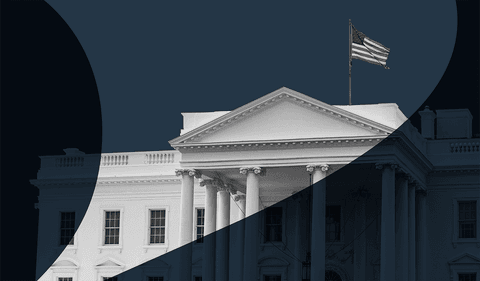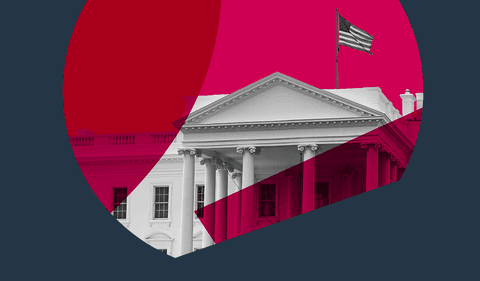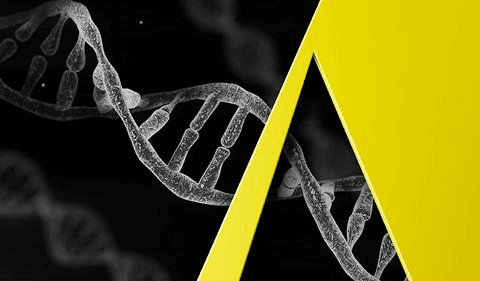Insights
The professionals at Akin are recognized for their knowledge and the perspectives they bring to the conversation – about the law, business and industry, and the issues that impact our clients.
Subscribe to Updates | View Press Contacts

View Latest:
Professionals
Regions
Services
Sectors
Blog Categories
Type
Mm/dd/yyyy
Mm/dd/yyyy


















